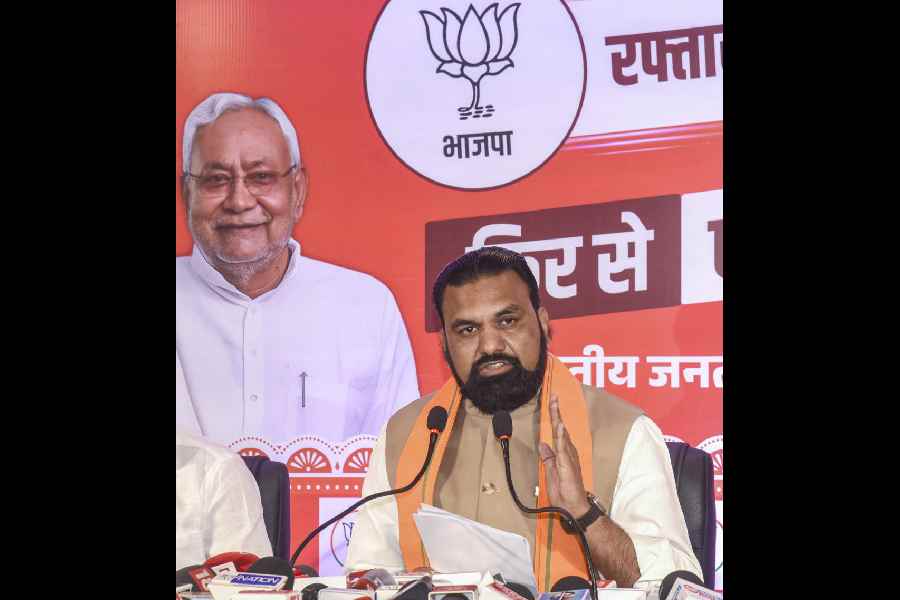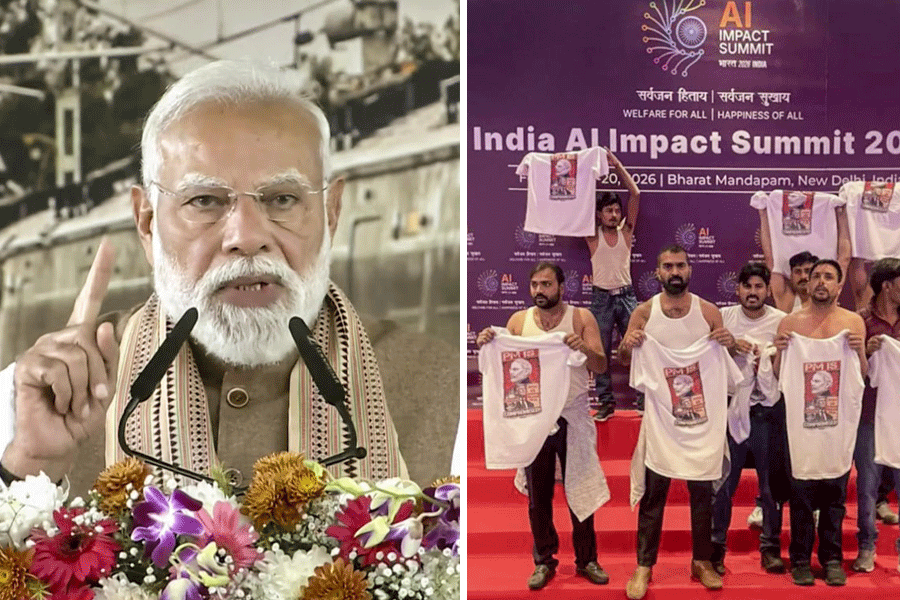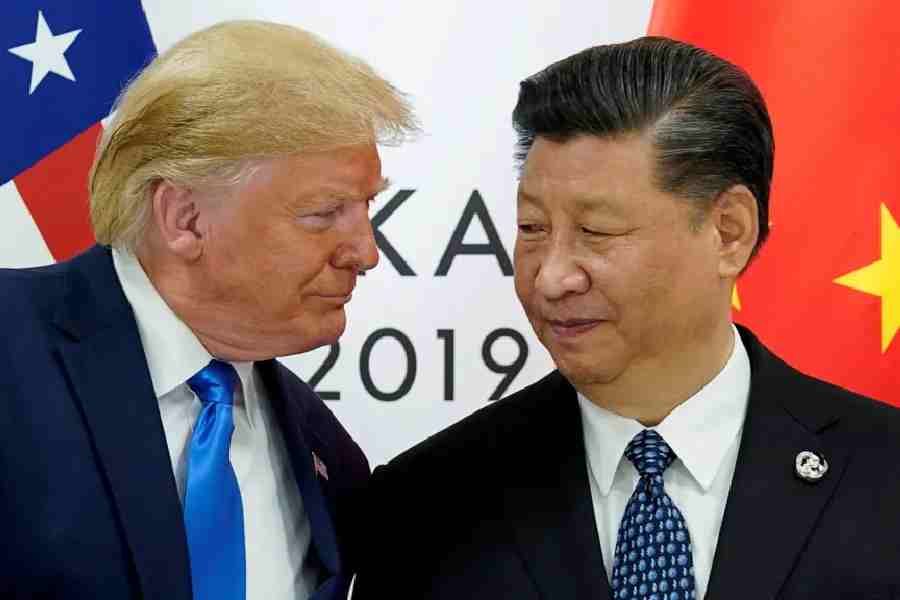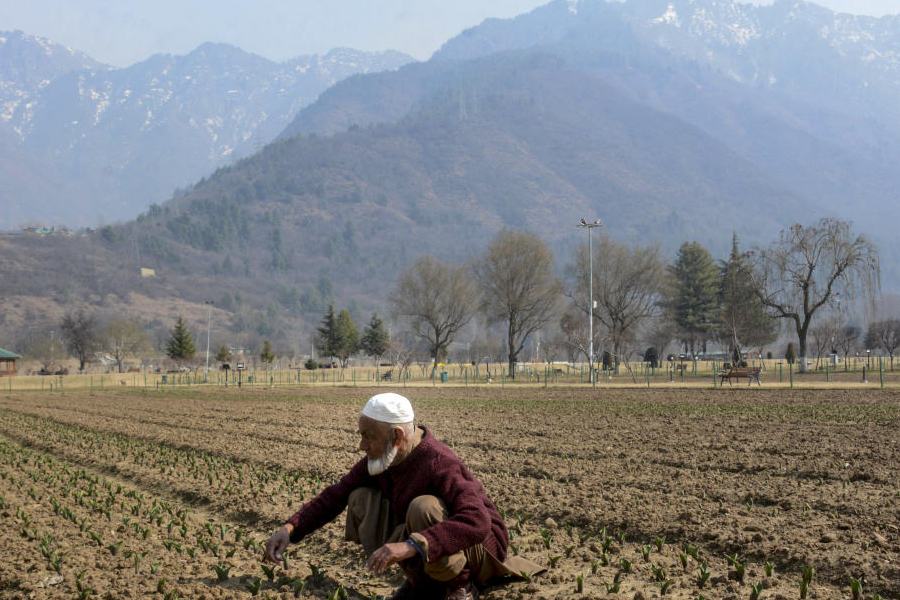The first clear sign of the BJP’s assertive grip on the new NDA government in Bihar emerged on Friday with deputy chief minister Samrat Choudhary being given the powerful home portfolio that chief minister Nitish Kumar had held for two decades.
The BJP, which emerged as the single-largest party by winning 89 of the 101 seats it contested in the Assembly elections, allowed ally Nitish to continue as chief minister but secured the most crucial ministry that controls the police.
The party is also set to retain the Speaker’s post in the new Assembly despite the JDU eyeing it as a quid pro quo for forgoing the home portfolio, underscoring the BJP’s dominance in the power-sharing arrangement, sources said.
The Speaker not only presides over the legislative affairs of the government but also rules in matters of defections of MLAs. The Bihar BJP put out its list of ministers even before the official notification of the portfolio allotment.
Choudhary served as the finance minister in the previous Nitish government. This time, the party secured the home portfolio to buff up the profile of Choudhary, an OBC leader who is widely seen as the future chief ministerial face of the party.
According to the official notification on Friday evening, the finance department went to the JDU. Nitish allotted it to senior party leader Bijendra Prasad Yadav, who also got the energy, planning and development and registration departments.
Nitish retained the general administration, cabinet secretariat, vigilance and state election commission portfolios.
The other deputy chief minister from the BJP, Vijay Sinha, was allotted two important departments — land and revenue and mines and geology. Bihar BJP president Dilip Jaiswal, who took oath as a minister on Thursday, was handed the industries department.
The other key portfolios cornered by the BJP included health, law, road construction and urban development.
The BJP, which has long played junior partner to the JDU since Nitish first aligned with the party in 1996, is now in a commanding position. The shift began in the 2020 Assembly elections when the BJP outperformed the JDU by winning 74 seats against its ally’s 43. The latest mandate has further strengthened its position, with the BJP securing 89 seats compared with the JDU’s 85.
Nitish, who had severed ties with the BJP ahead of the 2014 Lok Sabha polls in protest against the projection of then Gujarat chief minister Narendra Modi as the Prime Ministerial face, stands significantly weakened now. The changed power dynamic was on display on Thursday as Nitish tried to touch Modi’s feet while seeing him off at Patna airport after the Gandhi Maidan swearing-in ceremony. The 74-year-old Nitish is only months younger than Modi.
There is now widespread speculation that it may only be a matter of time before the BJP attempts a Maharashtra-style reset in Bihar. After the Maharashtra elections last year, the BJP replaced minister Eknath Shinde with Devendra Fadnavis as chief minister.
Shinde was not only pushed into accepting the deputy CM’s post but also denied the home portfolio. He had argued that Fadnavis held the department as his deputy earlier, but the BJP remained firm and refused to concede the department.










